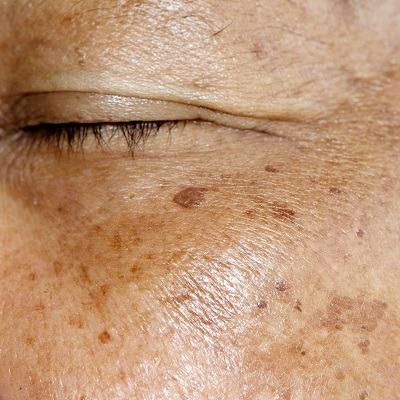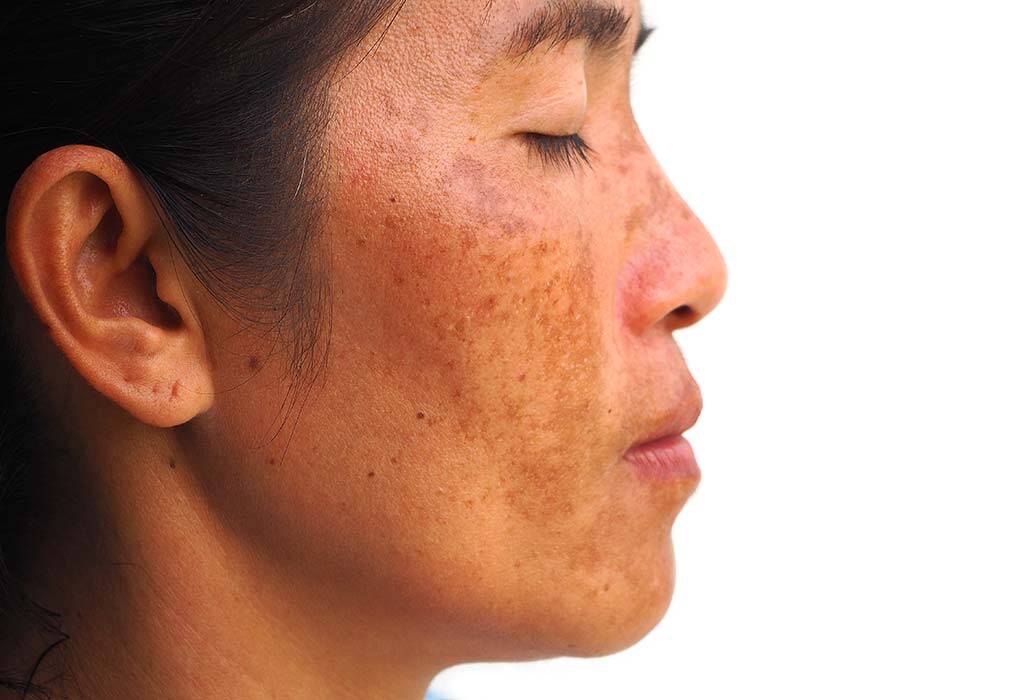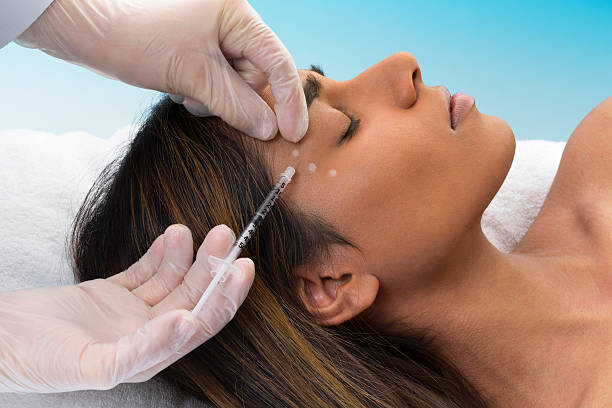 Core Web Vitals Boost – Speed Up Your Site & Your SEO!
Core Web Vitals Boost – Speed Up Your Site & Your SEO!
Melasma Treatment: Dubai's Newest Advancements
Written by healthcareblog » Updated on: June 17th, 2025

Melasma, a chronic skin condition characterized by brown or gray-brown patches on the face, poses a significant cosmetic concern for many individuals. The condition, often linked to hormonal changes, sun exposure, and genetic predisposition, can affect one's self-esteem and quality of life. In recent years, Dubai has emerged as a hub for cutting-edge dermatological treatments, offering innovative solutions for managing melasma. This article explores the latest advancements in melasma treatment available in Dubai, providing a comprehensive guide for those seeking effective and modern therapeutic options.

Understanding Melasma:
Before delving into the advancements, it's essential to understand melasma's nature. Melasma primarily affects the face, appearing on the cheeks, forehead, nose, and upper lip. It is more common in women, especially during pregnancy, when taking oral contraceptives, or undergoing hormone replacement therapy. Ultraviolet (UV) radiation from the sun can exacerbate melasma, making it a persistent and challenging condition to treat.
Traditional Melasma Treatments
Historically, melasma treatments have included topical creams, chemical peels, and laser therapy. While these methods can be effective, they often require prolonged use and may not provide uniform results. Topical treatments like hydroquinone, tretinoin, and corticosteroids aim to lighten the skin but can cause irritation and sensitivity. Chemical peels help in exfoliating the top layers of skin, promoting regeneration, but they can lead to redness and peeling. Laser therapy, though effective in breaking down pigment, can sometimes worsen melasma if not administered correctly.
Dubai's Newest Advancements in Melasma Treatment:
1. Combination Therapy:
Combination therapy has become a cornerstone in the treatment of melasma in Dubai. By integrating multiple treatment modalities, dermatologists can address the condition more comprehensively. For instance, combining topical agents with chemical peels and laser therapy can enhance efficacy and reduce the recurrence of melasma. The synergistic effect of these treatments helps in targeting different layers of the skin and minimizing potential side effects.
2. Fractional Laser Treatment:
Fractional laser treatment is a significant advancement in the treatment of melasma. This technology works by creating microscopic columns of treated skin, leaving surrounding areas intact to facilitate rapid healing. Fractional lasers, such as the Fraxel laser, target the pigment in the skin without causing extensive damage, making it suitable for melasma patients. This treatment is particularly effective in reducing hyperpigmentation and improving skin texture with minimal downtime.
3. Pico Laser Technology:
Pico laser technology represents a breakthrough in dermatology. Unlike traditional lasers that use thermal energy to break down pigment, Pico lasers use ultra-short picosecond pulses to shatter pigment particles without damaging surrounding tissue. This method is less likely to cause post-inflammatory hyperpigmentation (PIH), a common side effect in darker skin tones. The PicoSure and PicoWay lasers are popular choices in Dubai for treating melasma, offering faster results with fewer sessions.
4. Microneedling with Radiofrequency (RF):
Microneedling with RF is another innovative treatment gaining popularity in Dubai. This technique involves the use of fine needles to create micro-injuries in the skin, combined with radiofrequency energy to stimulate collagen production and promote skin healing. The combination of microneedling and RF helps in reducing melasma pigmentation while improving skin texture and elasticity. Devices like the Morpheus8 are commonly used for this purpose, providing effective results with minimal discomfort and downtime.
5. Tranexamic Acid:
Tranexamic acid, originally used to treat bleeding disorders, has shown promise in melasma treatment. This oral medication works by inhibiting the interaction between melanocytes and keratinocytes, reducing melanin production. Dermatologists in Dubai are incorporating tranexamic acid into their treatment protocols, either as an oral medication or as a topical agent, to achieve better control over melasma. Clinical studies have demonstrated its effectiveness in reducing melasma severity with fewer side effects compared to traditional treatments.
6. Hydroquinone Alternatives:
Given the potential side effects of hydroquinone, there is a growing interest in safer alternatives. In Dubai, dermatologists are exploring ingredients like azelaic acid, kojic acid, and arbutin, which offer skin-lightening properties without the risks associated with hydroquinone. These alternatives are often used in combination with other treatments to enhance their efficacy and provide a more holistic approach to melasma management.
7. Advanced Sun Protection:
Sun protection is crucial in managing melasma, as UV radiation can trigger and worsen the condition. Dubai's dermatologists emphasize the use of advanced sunscreens that offer broad-spectrum protection against both UVA and UVB rays. Physical sunscreens containing zinc oxide or titanium dioxide are preferred for their ability to reflect UV radiation. Additionally, incorporating antioxidants like vitamins C and E in sun protection regimens helps in combating free radicals and reducing pigmentation.
8. Lifestyle and Dietary Adjustments
In conjunction with advanced treatments, lifestyle, and dietary adjustments play a vital role in managing melasma. Dermatologists in Dubai often advise patients to avoid excessive sun exposure, wear protective clothing, and maintain a healthy diet rich in antioxidants. Supplements like vitamin C, E, and omega-3 fatty acids can support skin health and reduce oxidative stress, which contributes to pigmentation disorders.
Personalized Treatment Plans:
One of the most significant advancements in melasma treatment in Dubai is the move towards personalized treatment plans. Dermatologists tailor their approach based on the patient's skin type, severity of melasma, and individual response to treatments. By customizing treatment protocols, they can achieve optimal results while minimizing potential side effects. This personalized approach ensures that patients receive the most effective and suitable treatment for their specific condition.
Conclusion:
Dubai is at the forefront of melasma treatment, offering a range of innovative and effective options for those seeking relief from this challenging condition. From combination therapies and advanced laser treatments to novel medications and personalized care plans, the city's dermatologists are equipped with the latest tools and techniques to manage melasma successfully. By staying informed about these advancements, patients can make educated decisions about their treatment options and achieve healthier, more radiant skin.
Note: IndiBlogHub features both user-submitted and editorial content. We do not verify third-party contributions. Read our Disclaimer and Privacy Policyfor details.
Copyright © 2019-2025 IndiBlogHub.com. All rights reserved. Hosted on DigitalOcean for fast, reliable performance.









